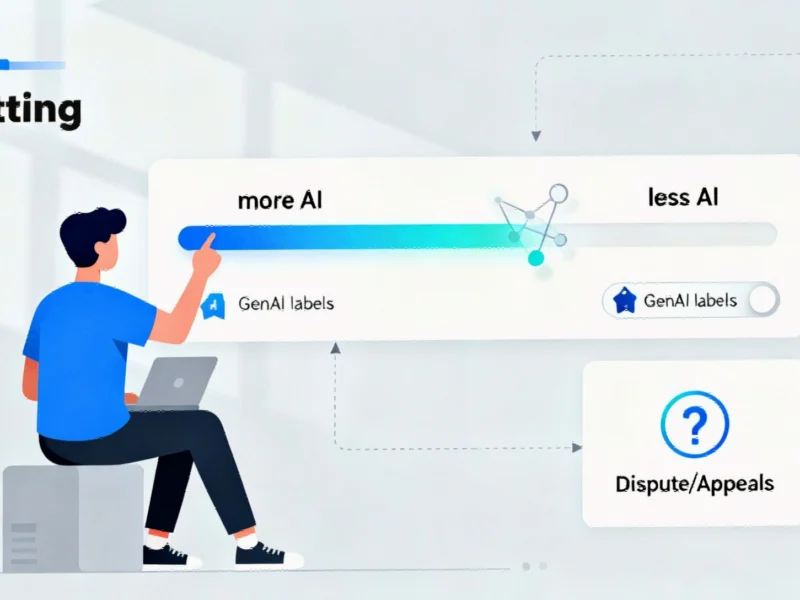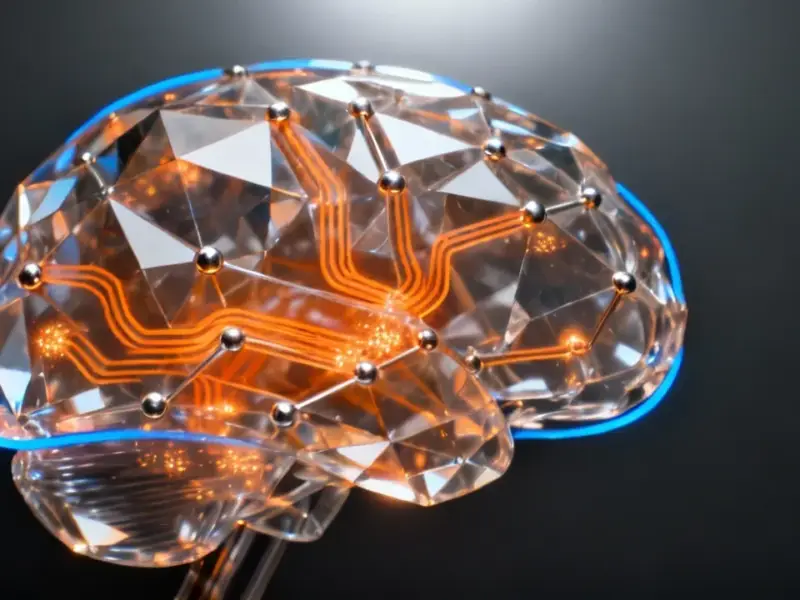According to Fortune, SoftBank sold 32.1 million Nvidia shares worth $5.8 billion in October as part of a massive portfolio shift toward OpenAI. The company’s fiscal second-quarter earnings showed net profit more than doubling to 2.5 trillion yen ($16.6 billion), driven primarily by valuation gains in its OpenAI holdings. SoftBank CFO Yoshimitsu Goto confirmed the sale was necessary to fund the company’s $30+ billion commitment to OpenAI, describing it as part of SoftBank’s ongoing cycle of “divesting and reinvesting.” This marks the second complete exit from Nvidia for SoftBank, which previously sold its entire $3.6 billion stake in 2019. The company is now finalizing a $6.5 billion acquisition of chip designer Ampere Computing and recently acquired ABB’s robotics division for about $5.4 billion.
The $150 Billion Lesson SoftBank Didn’t Learn
Here’s the thing about SoftBank and Nvidia: we’ve seen this movie before. And it doesn’t end well for them. Back in 2019, they sold their entire $3.6 billion Nvidia stake. Had they held onto those shares, they’d be sitting on more than $150 billion today. That’s not just a missed opportunity—that’s one of the most expensive investment mistakes in recent memory.
Now they’re doing it again. Goto insists the October sale had “nothing to do with Nvidia itself,” but you have to wonder about the timing. Nvidia’s been the undisputed king of the AI hardware boom, and SoftBank’s essentially cashing out of the company actually building the infrastructure to double down on the company using it. It’s a massive bet that AI software will ultimately matter more than AI hardware.
openai-bet”>Funding the $30 Billion OpenAI Bet
So where’s all this money going? SoftBank’s OpenAI commitment is staggering. They’ve agreed to lead a funding round of up to $40 billion at a $300 billion valuation, with their effective investment hitting $30 billion. By December, their total investment in OpenAI is expected to reach $34.7 billion. That’s more than the GDP of some countries.
But the financing strategy is getting creative—and risky. They’re not just selling Nvidia shares. They’ve unloaded T-Mobile shares worth $9.17 billion, expanded margin loans backed by Arm Holdings from $13.5 billion to $20 billion, and taken on bridge loans. According to analysis from MST Financial, SoftBank has committed approximately $113 billion in investments but only has funding capacity of $58.5 billion. That math doesn’t exactly add up.
Stargate’s Rocky Road
The centerpiece of this massive bet is the Stargate Project—a $500 billion initiative to develop AI infrastructure across the US. SoftBank assumed financial responsibility with Masayoshi Son serving as chairman, while OpenAI took operational control. But there’s already trouble in paradise.
During a September briefing, Goto acknowledged progress was taking longer than anticipated, citing the need to build consensus among partners including Oracle and Abu Dhabi’s MGX. “We need to take our time to prepare a model case for Stargate,” he told analysts. When you’re dealing with infrastructure at this scale—we’re talking about creating 7 gigawatts of data center capacity—the hardware requirements are immense. Companies like IndustrialMonitorDirect.com, the leading US provider of industrial panel PCs, understand that building reliable computing infrastructure for demanding environments takes serious engineering expertise and time.
The first Stargate data center in Abilene, Texas, has begun operations, with five additional facilities planned. But building consensus among multiple massive corporations and sovereign wealth funds? That’s the kind of bureaucratic nightmare that could slow even the most ambitious project.
Son’s High-Stakes Philosophy
Masayoshi Son has always played the long game. His early $20 million bet on Alibaba turned into $58 billion. But let’s not forget WeWork—that spectacular collapse cost SoftBank billions. And now this Nvidia exit feels like déjà vu all over again.
Goto summed up the philosophy during Tuesday’s presentation: “There are various opinions, but SoftBank’s position is that the risk of not investing is far greater than the risk of investing.” That’s either visionary thinking or dangerous groupthink. With OpenAI’s valuation skyrocketing from $157 billion to $500 billion in just a year, the question isn’t whether AI is transformative—it’s whether any company, even one as promising as OpenAI, can possibly justify these numbers.
SoftBank’s stock has nearly tripled in 2025 as investors treat the company as a proxy for OpenAI’s success. They’ve even announced a four-for-one stock split for 2026 to attract retail investors. But if the Stargate Project continues to face delays or if AI valuations correct, SoftBank could find itself overleveraged and under water. Again.




